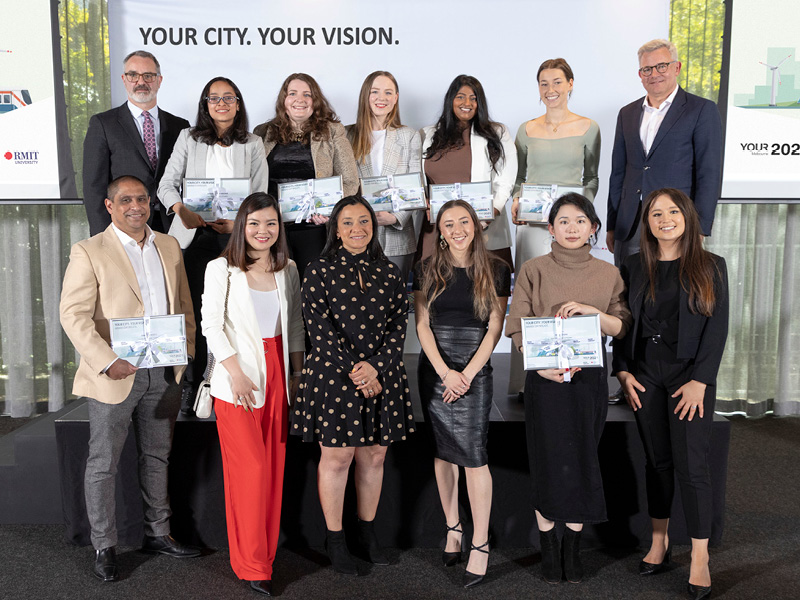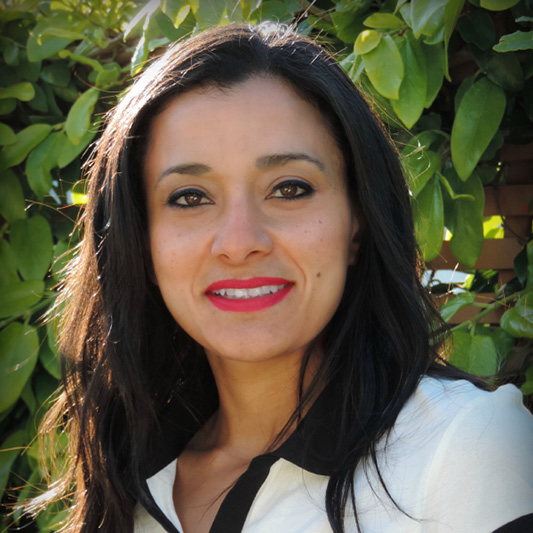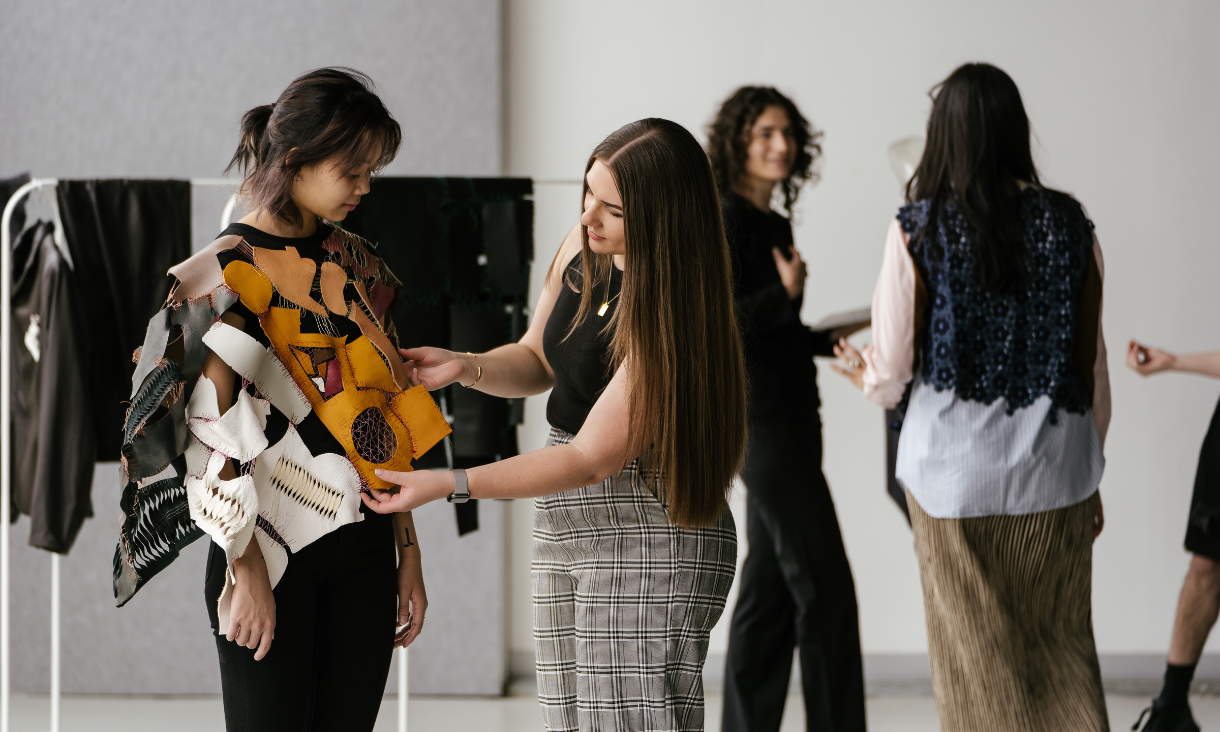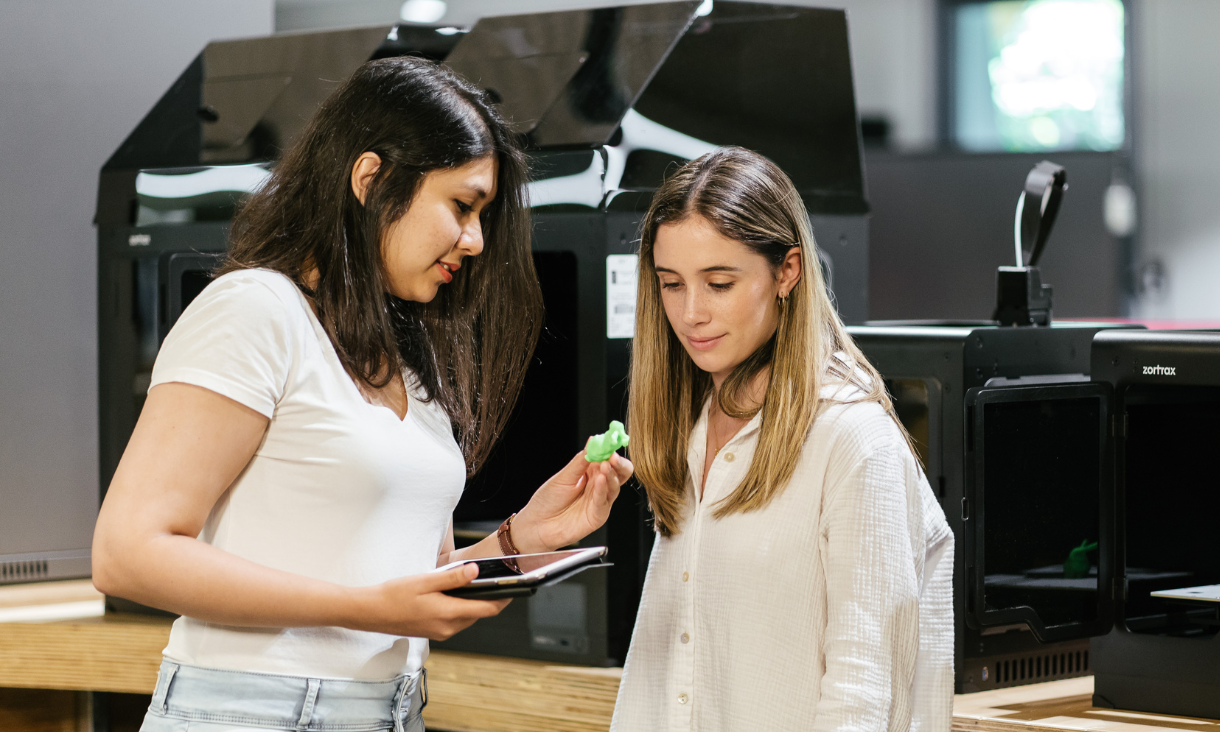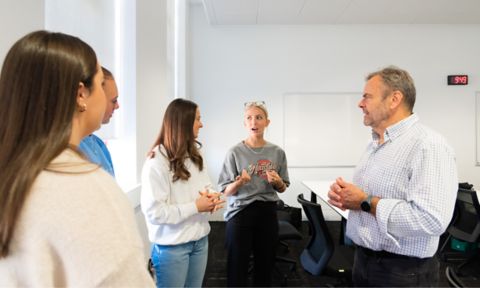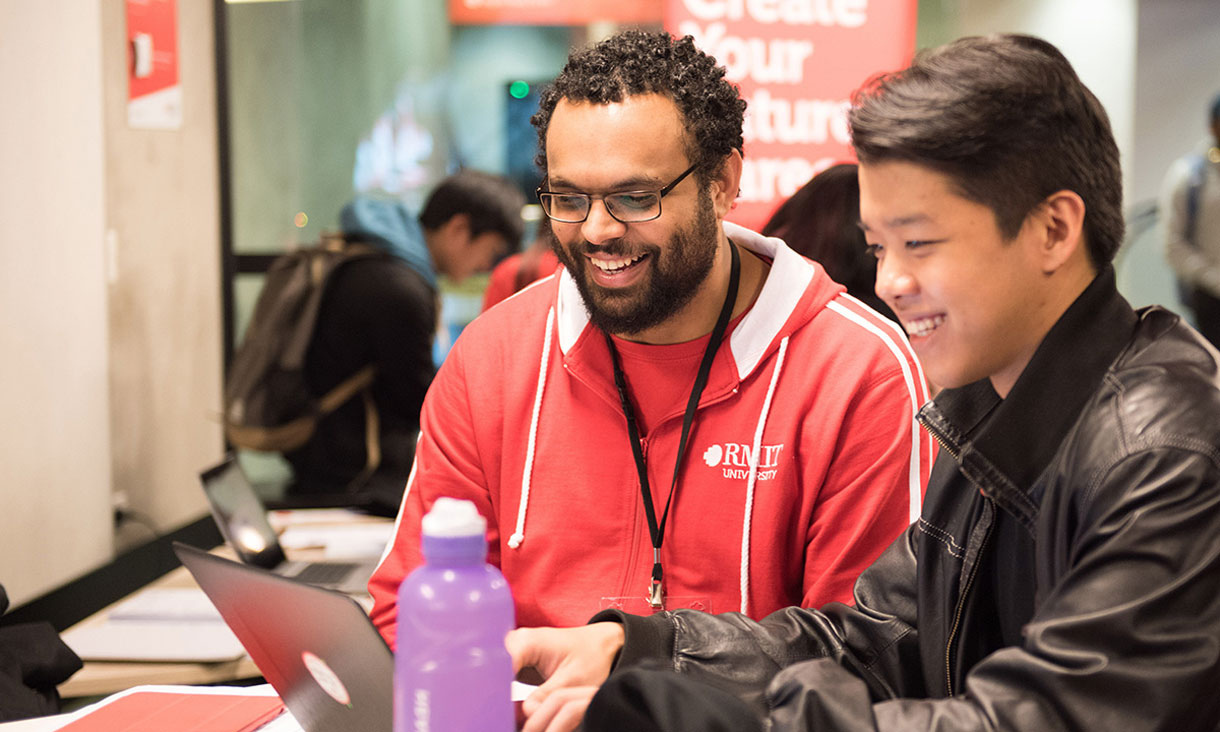Connection is what drove Marketing Lecturer Dr Marian Makkar to team up with car manufacturer BMW Group Australia to run the 2021 #YourMelbourne competition. The competition asked RMIT students to submit their conceptual vision for Melbourne in 2030 considering the themes of urban planning, public mobility, personal mobility, sustainability and connectivity. You can see the full list of finalists on the BMW YourMelbourne competition page.
Highlights
- Students value relevant industry experience with businesses that try to do good in the world.
- The competition was a great way to stretch students’ abilities to collaborate and creatively problem solve outside of the classroom setting.
- Educators can play a key role in promoting positive change by embedding ideas around sustainability into their course.
How did the BMW competition come about?
BMW reached out to me because of my industry connections – I worked in public relations for BMW, Land Rover, Jaguar in the United Arab Emirates and Audi in New Zealand. BMW wanted to work with students and be at the forefront of sustainability education so we began brainstorming ideas around what we wanted to achieve based on a vision of how we could get there.
What was your motivation for running the competition?
I believe in the value of incorporating industry into our university practices. It’s important for students to see the relevance of what they’re learning practically while also enjoying the journey. A bonus is when students get to work with businesses that want to do good in the world too. I just love seeing these connections take place.
I also wanted to show off to industry partners our smart, innovative, creative, and collaborative students that can think outside the box and solve real-world problems. Our students are really socially aware, care about the environment and want to make the world a better place in the future.
What were you hoping students would get out of the experience?
I wanted them to learn how to proactively engage with the United Nation’s 17 Sustainability Development Goals (SDGs), be part of the ideation process and actively take part in making changes starting with Melbourne. Our students and future graduates got to learn first-hand the challenges of sustainability and what practical opportunities can be put forward to promote a sustainable future. Our role as educators is to embed these practices in our teaching and research.
I also wanted students to gain that industry connection and experience from working with BMW. You never know what opportunities can come out of working on such student projects. I tell my students to hustle, to take every opportunity and put yourself out there in front of employers. You never know what job, internship or referral can emerge out of this.
What did the best submissions have in common?
The best submissions were ones that really engaged with the SDGs and thought practically about how that can work by 2030. They also really acknowledged the people, ancestors and elders of this land and showed respect to the land and waters of Melbourne.
It was so inspiring to see multi-disciplinary collaborations and the power of diversity in ideas and beliefs in the group projects. Students from different disciplines worked together and came up with incredible and very innovative ideas. Diversity in people and their educational backgrounds can really build creative and innovative outputs as we saw from the winners. I was so proud of our students!

